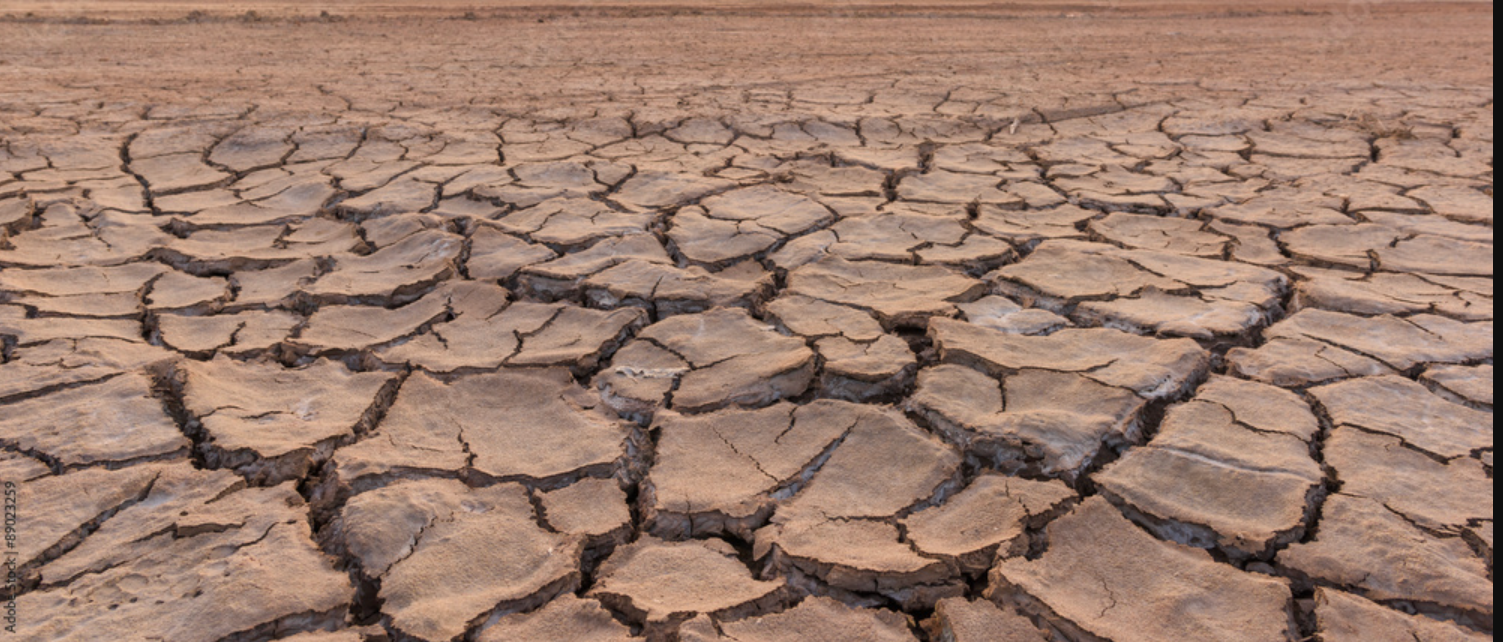
To tackle these challenges, the European Union has stepped in, co-financing major water infrastructure projects aimed at ensuring long-term water security in the region.
Jordan's Struggle with Extreme Water Shortages
Jordan's water resources have been stretched to the limit. The country's per capita renewable water supply has dropped to just 61 cubic meters per year, far below the 500 cubic meter threshold that defines water scarcity. The situation has been exacerbated by climate change-driven droughts and increased demand from millions of refugees, particularly those fleeing conflicts in Syria and Iraq.
"The demand for water is increasing, but our resources are not. This makes it extremely challenging to sustain both households and agriculture," Jordan's Minister of Water and Irrigation, Raed Abu Soud, told Euronews.
In response, Jordan is turning to desalination and wastewater reuse, strategies that have already been adopted by several European countries facing similar challenges.
EU's Investment in Jordan's Water Future
The European Union, in collaboration with the European Investment Bank (EIB) and development agencies such as Germany's KfW and France's AFD, is funding a series of large-scale projects aimed at modernizing Jordan's water infrastructure.
Among the key initiatives is the Aqaba-Amman Water Desalination and Conveyance Project, a mega-project that aims to build one of the world's largest desalination plants on the Red Sea. The plant will supply fresh water to Jordan's population by pumping it 450 kilometers north to Amman.
"If this project does not work out, we will not have enough water for agriculture or industry. Investors are coming to bid on this project, so hopefully, we will move forward," Abu Soud said.
Other EU-backed projects include the construction of the Wadi al Arab II drinking water production plant, the renovation of the Irbid water reservoir, and the modernization of wastewater treatment plants, enabling farmers to irrigate their fields with reclaimed water.
Europe's Push for Unconventional Water Solutions
Jordan is not alone in its struggle against water scarcity. In Europe, Spain, Portugal, and Cyprus have increasingly turned to desalination and wastewater reuse to sustain their populations and agricultural industries.
Cyprus, in particular, has become a leader in wastewater reuse, reclaiming 29 million cubic meters of water in 2023. About two-thirds of this was used for agriculture, while the remainder was used to replenish aquifers and support ecological conservation efforts.
"We have to make the most of every single drop. History has shown us that storing rainwater in dams is not a permanent solution," said Yianna Economidou from Cyprus' Water Development Department (WDD).
However, desalination is not without its drawbacks. The process is highly energy-intensive, raising concerns over its long-term sustainability. Moreover, the discharge of concentrated brine into the sea poses a threat to marine ecosystems, as it can alter water salinity levels and harm marine life.
EU's Upcoming Water Resilience Strategy
As water scarcity intensifies across the globe, the European Commission is preparing to unveil its Water Resilience Strategy, aimed at enhancing water efficiency, increasing reuse, and reducing pollution.
A key element of the strategy is strengthening wastewater treatment. A new European directive will require industries—particularly cosmetics and pharmaceuticals—to contribute financially to the installation of advanced treatment technologies that remove micro-pollutants from wastewater before it is released into the environment.
"The European Union is pioneering this field. Knowledge is driving policy, and policy will drive technological advances," said Despo Fatta-Kassinos, a professor at the University of Cyprus.
A Race Against Time
For Jordan, Cyprus, and other water-stressed regions, these initiatives are not just about securing water supplies—they are about ensuring long-term stability, food security, and economic resilience.
The race to find sustainable solutions is intensifying as climate change accelerates desertification and extreme weather events. With global demand for water set to rise, experts stress the need for rapid investment in new technologies and international cooperation.
"Water scarcity is no longer a distant problem; it is happening now. Governments, businesses, and communities must act together to ensure that every drop is used wisely," said Professor Kassinos.
As Jordan moves forward with its ambitious desalination and water reuse projects, and Europe refines its water resilience policies, these efforts could serve as a model for other regions facing similar challenges.